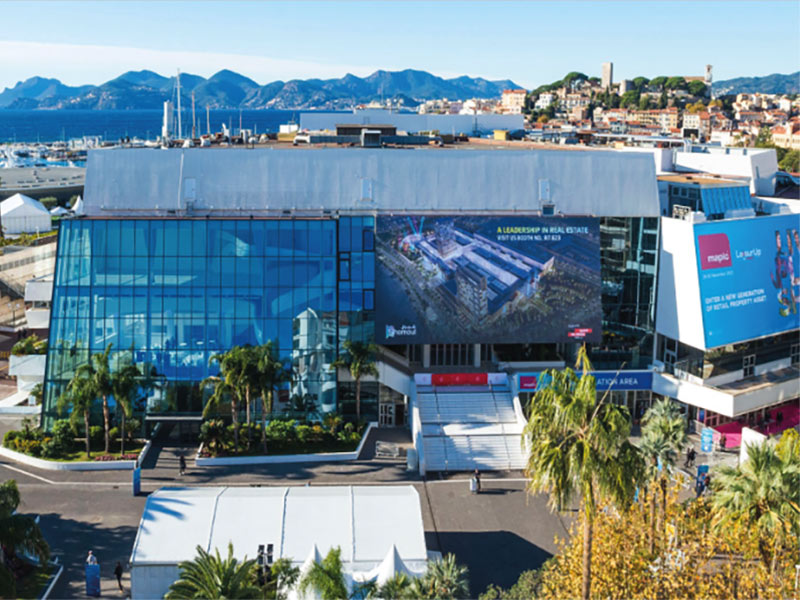Christian Tordo: an enormous tax to pay
'What charges the trading account of a firm is not the rate of the trade income tax but it is the amount of what is taken!'
Christian Tordo, in the name of the UDECA (French Riviera's corporations' union) comments an investigation that, this year, has focused on the evolution of the trade income tax of the five districts of Sophia Antipolis (Antibes, Biot, Mougins, Valbonne, Vallauris).SN.com: Has it been the first time that the UDECA makes such an investigation about the trade income tax?Christian Tordo: 'We had already made such an approach last year. But it was only about the five biggest districts of the department: Nice, Cannes, Antibes, Grasse and Menton. We had established comparisons by districts and additions of districts and departmental parts, then we had said what was our opinion over the question. The answers we had received were not encouraging because it showed the weak interest districts had for our problem. This year we have made again this investigation for Sophia and the five districts of the park. We have worked throughout a long period and with a lot of money.'What have you learned thanks to this new investigation that deals with the technopole and its five districts? Christian Tordo: 'What charges the trading account of a firm is not the rate of the trade income tax but it is the amount of what is taken!' This is the base on which is applied the rate. This point is not often taken in consideration whereas it is fundamental. If the rates decrease or stay stable while at the same time basis increase by inflation, wage increase, development and simple wealth effect, you will pay more.Over a long period (1988-1997), in the five districts the levy took off. And, if we compare with the inflation, we become aware that the accumulated increase of prices is, for the same period, around 20 to 25 %, and that the GNP increased from 15 to 20 %. If we cumulate these two effects, inflation and wealth increase, it reaches a 40% progression. Which means that the pressure of the trade income tax increased a lot.Our other objective is to show the fact that the technopole's firms gave an important financial help. Last year we heard that the State was investing in Sophia as money as hundreds of millions of francs the County Council had brought. We wanted to highlight the fact that firms had also brought a lot of money. This is why there is another aspect: the daily difficulties people face in Sophia (traffic, security, pavement lights). These problems are well know but they are not often taken in consideration. Some arbitrations are non consistent and we shall hope that the firms' contribution be better taken in consideration in the investment choice.'You do not give each district's evolution. Are there huge differences? Christian Tordo: 'First element: convergence exists. We do not find it in rates but on the rise of these rates over ten years. Second remark: for one or two years we have been noting a sort of break, especially in Vallauris. The rate decreased from 19.2% in 1995 to 18.5% in 1998 whereas the trade income tax levy went from 25.7 million francs to 23.8 million francs. During the same period, Valbonne went from 15.2% to 15.8% whereas the levy of the trade income tax went from 65 million francs to 79 million francs.'Do you think that the trade income tax reform which is happening should allow to reduce this tax quickly? Christian Tordo: 'the trade income tax has become so important that it is not easy to see a real effect of the reform. A reduction of the levy? All the observations made for the Medef show that there will not be any reduction.'What could the interaction between all the five districts bring in the evolution and the dispatching of the trade income tax in Sophia Antipolis? Christian Tordo:' For Sophia, there are two major interests. First one: a stop in the differences which exists between two firms because of the different rates of the tax. Secondone: the possibility to save money for sport facilities, local planning, and all the co-operative projects that could be realized. But on that point there can be a danger: the interaction of the districts may provoke a new tax and a tax increase. This is the message we want to spread, the interaction between the districts must provoke a mutualisation of projects to realize them spending less money.'














